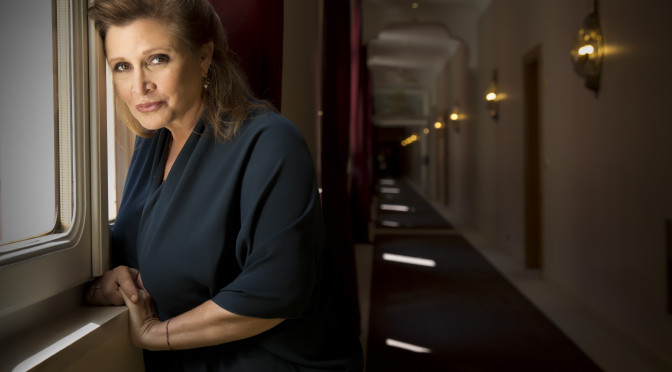Like millions of other Americans, I watched the Super Bowl halftime show last week.
I tuned in specifically to watch Lady Gaga, who I had seen twice in concert. I think she is extraordinarily talented, energetic and gives everything for her audience.
I thought she delivered a stunning halftime show.
Replete with a Peter Pan-like entrance, a dance troupe that seamlessly blended in and with a spectacular fireworks backdrop, the performance I thought deserved nothing but praise.
So imagine my surprise when I saw a story that critics were taking shots at Lady Gaga for her “gut” or her “belly.” (The criticism came after she had several costume changes, some that revealed her midriff.)
One example from Twitter: “Tried to enjoy @ladygaga’s performance, was distracted by the flab on her stomach swinging around.”
Are you kidding me?! She is in fantastic shape and burned more calories in that turbo-charged performance than I do in five workouts.
For crying out loud, I know guys who would do anything to have her flat stomach.
Where do people (mostly men it appeared) get off engaging in that kind of body shaming?
I am sure the men who cast those stones were just the very picture of Adonis themselves and not some middle-aged dudes who are paunchy in the poochie and could stand to shed 20 pounds.
Lady Gaga, who has been a champion of all stripes and walks of humanity and has advanced the cause of the LGBT community, graciously responded on Instagram: “I heard my body is a topic of conversation so I wanted to say I’m proud of my body and you should be proud of yours too. No matter who you are or what you do.”
This episode speaks to a larger issue my wife brings to my attention repeatedly: the double standard that exists for men and women, and especially for actresses and female celebrities.
Men can be sought in roles well into their 60s or 70s no matter how craggy their faces or saggy their guts.
Somehow Hollywood and society are more forgiving of that than actresses who have the temerity (gasp!) to get older.
My wife contends that many actresses somewhere around their 30s are no longer cast in starring roles after they have been judged to no longer be pretty and young.
The late Carrie Fisher endured similar criticisms when she appeared in “The Force Awakens.”
Her response is worth repeating: “Please stop debating about whether or not I have aged well. Unfortunately it hurts all three of my feelings. My BODY hasn’t aged as well as I have.”
This attitude extends beyond celebrities to everyday people, in which we judge others by their physical appearances.
Maybe I have a heightened sensitivity to this because I had severe acne as a teenager that defied medical treatment for years and I was judged harshly as a result. I’d like to think we’ve come a long way as a culture in 40 years.
It’s time to look beyond the surface of the skin and find a connection with the person inside.
Shame on the body-shamers.








